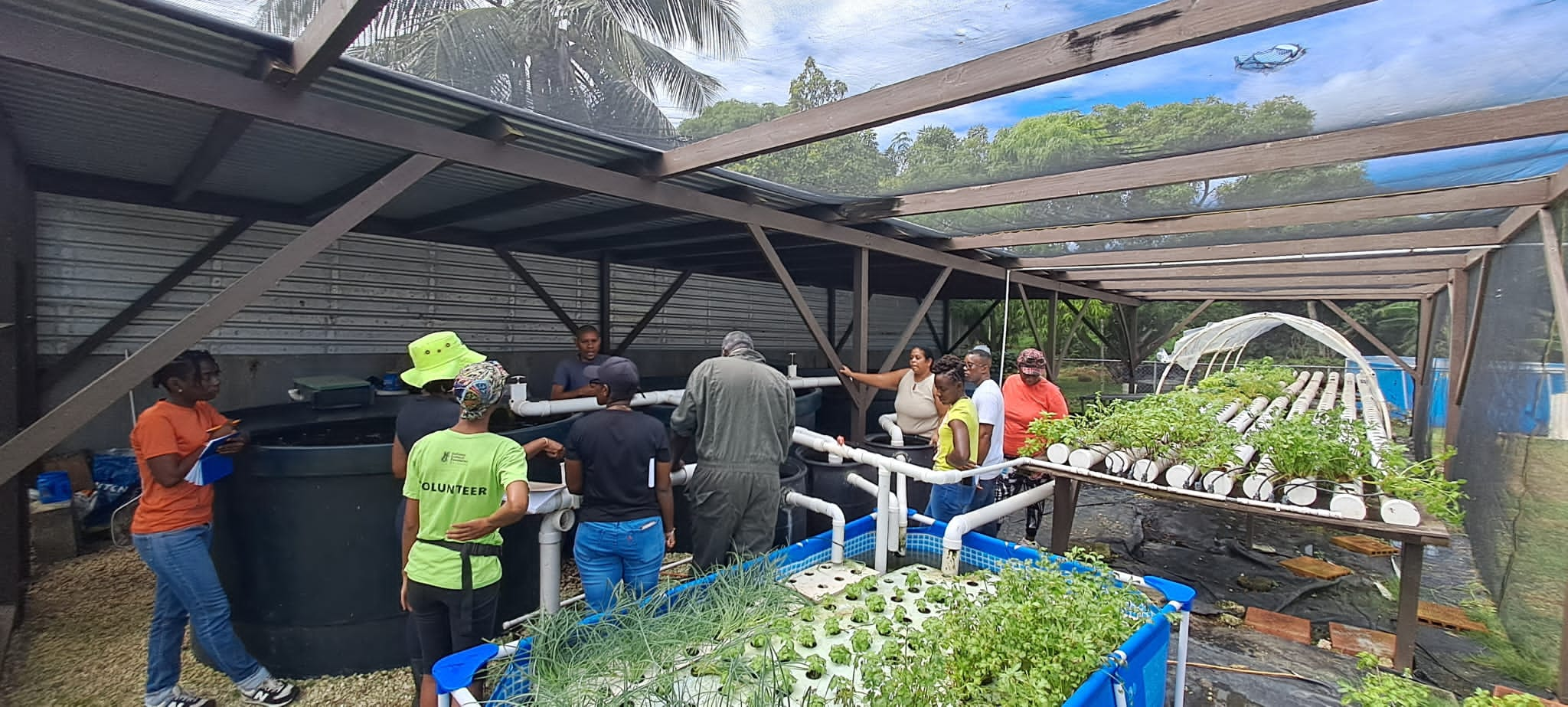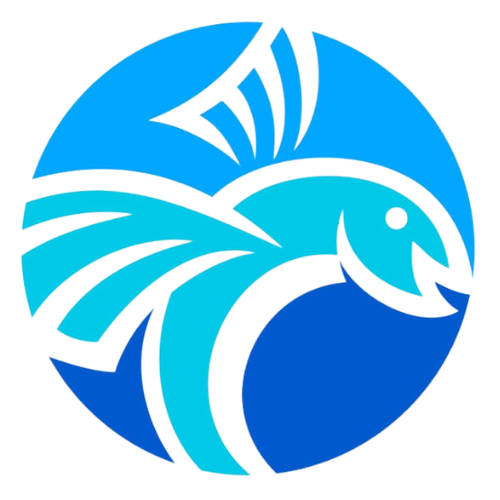ABSTRACT
Authors: Christopher Parker and Colvin Taylor
To meet local demands, Barbados currently imports much more fish and fish products than it produces. In recent years this disparity has been worsened by the significant reduction in catches of flyingfish and dolphinfish resulting from the mass influxes of Sargassum spp. into traditional fishing grounds. Against this background, the Barbados Fisheries Policy (BFP) 2023-2033 requires Government to support the contribution of sustainable aquaculture to economic growth, food security and income diversification. At this juncture, it is prudent to critically review and assess the island’s past aquaculture and mariculture ventures with the objective of applying any lessons learnt to the formulation of sound policies and plans for the development and management of viable and sustainable aquaculture and mariculture in Barbados. This is the main objective of this paper.
Scarcity of available land and water resources significantly limits opportunities for large-scale, land-based aquaculture ventures in Barbados. As such, the island’s few commercial-scale ventures have necessarily tilized Recirculating Aquaculture Systems (RAS). However, most of these businesses have not been sustainably profitable for various reasons, with most not progressing beyond the pilot-phase. Small-scale “backyard” ventures often rearing primarily Tilapia in small tanks as well as in aquaponics arrays, have emerged as the predominant forms of aquaculture on the island. Options for mariculture are also constrained by the island’s densely populated land area, and limited and crowded coastline. It is emphasized that it is the duty of government through cogent legislation to ensure that all aquaculture and mariculture ventures are financially sustainable and redound to the benefit of Barbados without damaging the environment. To this end, a new policy framework for aquaculture and mariculture and regulations were approved by Cabinet on 9th June 2023. Regular consultations with stakeholder experts is necessary for implementation and to chart the way forward for the sector.
KEYWORDS: Barbados, aquaculture, mariculture, history, lessons learnt


